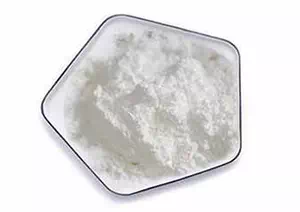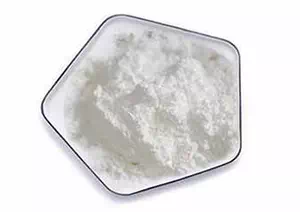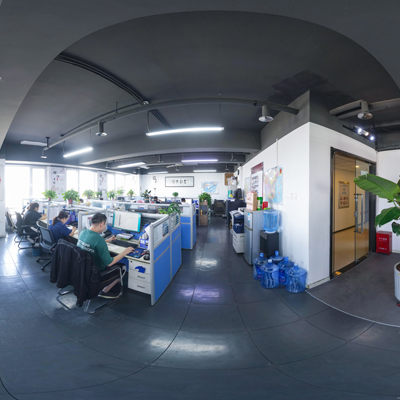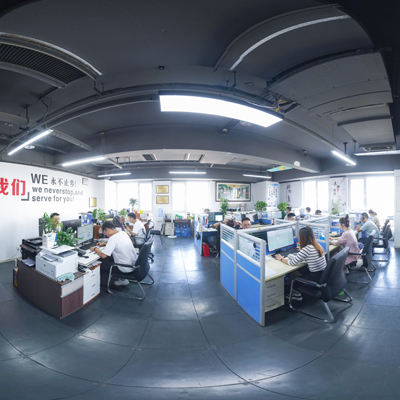What is 4-Chlororesorcinol CAS 95-88-5?
Chemical Name: 4-chloro-resorcinol (Alternative names: 4-chloro-1, 3-hydroquinone, 4-chlororexol)
Molecular formula: C₆H₅ClO₂
Molecular weight: 144.56 g/mol
CAS Number: 95-88-5
EINECS number: 202-462-0
Appearance: Colorless crystals (may turn slightly yellow after long-term storage or exposure to light), with a faint phenolic odor
Solubility: Slightly soluble in cold water (about 20 g/L), readily soluble in hot water, ethanol, acetone, ether, benzene and carbon disulfide
4-Chlororesorcinol CAS 95-88-5 Use
Organic synthesis intermediates (main uses)
Synthesis of ether derivatives: Used for the preparation of high value-added chemicals, such as drug and dye precursors.
Blueprint developer: As a component of photosensitive materials, it enhances the clarity of development.
Medicine and Cosmetics
Drug synthesis: Key intermediates are used in the synthesis of antifungal drugs (such as clotrimazole) and local anesthetics.
Cosmetic additives: Utilizing their antibacterial and antioxidant properties, they are used in skin care products (such as acne gels).
Industry and Materials Science
Dye industry: As an oxidized color base (C.I. 76510), it produces light-resistant dyes.
Polymer materials: Modified epoxy resin, enhancing the chemical corrosion resistance of the coating.
Emerging fields
Environmentally friendly materials: Exploring the application potential in biodegradable plastics.
Agricultural chemicals: Synthetic plant growth regulators to enhance the stress resistance of crops.
4-Chlororesorcinol CAS 95-88-5 safety
Health risk:
Irritation: Contact with skin/eyes can cause chemical burns (R36/37/38).
Acute toxicity: Oral LD₅₀ in rats =369 mg/kg. The operation requires a gas mask and acid and alkali resistant gloves.
Storage and transportation
Keep sealed and away from light. Store in a cool and dry place at ≤25℃, with a relative humidity of less than 75%.
Transport identification: UN 3077 (Environmental Hazardous Substances).
Environmental protection compliance
Exports to the European Union require REACH certification, and the pharmaceutical grade needs to comply with the FDA/GB 2760 standard.
Service
* Prompt reply and 24 hours online, professional team to provide best price and high quality product.
* Sample testing support.
* Every batch of products will be tested to ensureits quality.
*The packing also can be according the customers` requirment.
*Any inquiries will be replied within 24 hours.
*we provide Commerical Invoice, Packing List, Bill of loading, COA , Health certificate and Origin certificate. If your markets have any special requirements, let us know.







